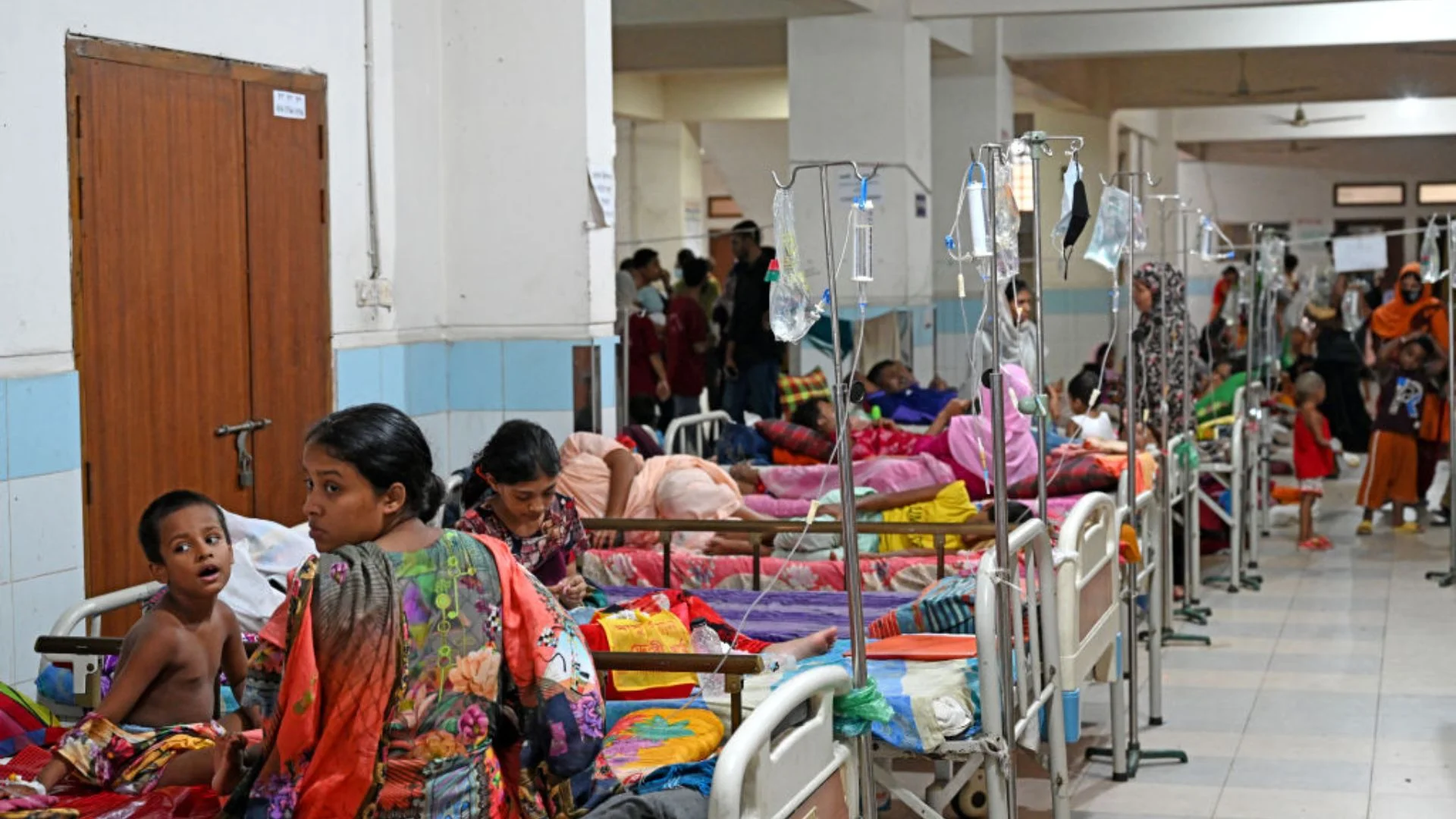Bangladesh is grappling with its worst dengue outbreak in years, with over 400 fatalities reported in 2024, as rising temperatures and an extended monsoon season create ideal conditions for the spread of the disease. The latest official figures show that at least 407 people have died from dengue-related complications, and nearly 79,000 patients have been hospitalized nationwide. As of mid-November, 4,173 people were receiving treatment, with the majority in Dhaka, the capital, and others across the country.
The outbreak has been exacerbated by unusual weather patterns, including monsoon-like rainfall extending into October. “Shifting weather caused by climate change is creating perfect breeding conditions for Aedes aegypti mosquitoes, the primary carriers of the disease,” said Kabirul Bashar, a zoology professor at Jahangirnagar University. Dense urban populations further amplify the spread of the virus, with cities experiencing more cases than rural areas this year. Dengue is typically associated with the monsoon season from June to September but has spread well beyond that window in 2024.
Experts are pointing to climate change as the driving force behind the surge in dengue cases. The rising temperatures and longer rainy seasons are contributing to an increase in mosquito breeding, and health authorities have called for year-round surveillance to better control the disease. Dr. ABM Abdullah, a renowned physician, emphasized the importance of early detection, saying that with proper treatment, dengue-related deaths could be reduced to less than 1%.
Last year marked the deadliest year on record for dengue in Bangladesh, with 1,705 deaths and over 321,000 infections. The country’s healthcare system is struggling to cope with the ongoing crisis, as hospitals face overwhelming numbers of patients. Health officials have urged the public to take precautions against mosquito bites by using repellents and bed nets, while experts advocate for stronger measures to eliminate stagnant water sources where mosquitoes breed.
Delays in seeking medical care, especially in rural areas where access to specialized facilities is limited, have contributed to the rising death toll. In many cases, symptoms of dengue remain mild until the disease progresses to a critical stage, complicating early diagnosis and treatment.









